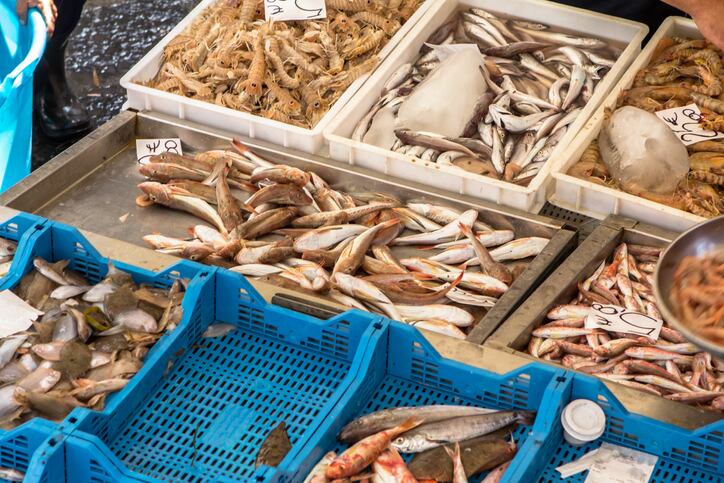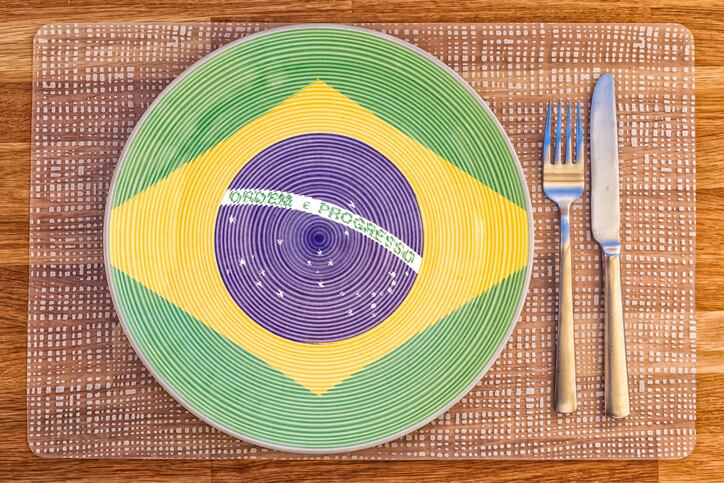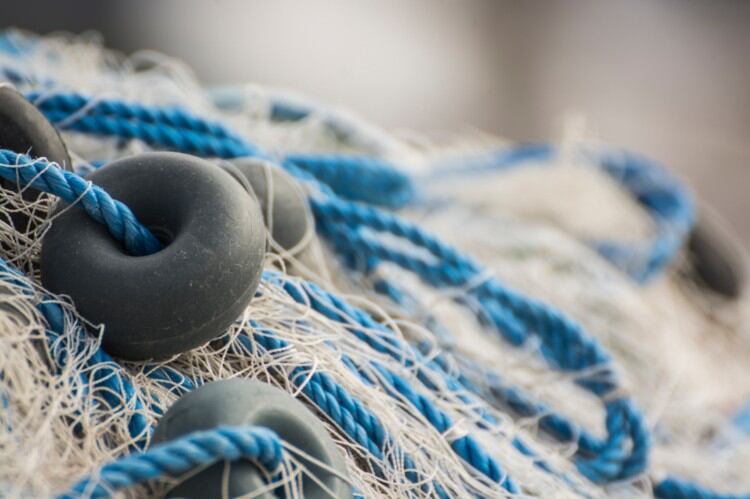The scientists used DNA barcoding to identify at a molecular level the species of 172 fresh fish fillets sold in seafood markets in 11 coastal cities of Buenos Aires province, the biggest market for fish and seafood in the country.
They found a total substitution rate of 21.34% with most of the replacements involving Chondrichthyes (22 of the 35 mislabeled fillets). The DNA testing also revealed Mustelus schmitii and Galeorhinus galeus – two fish classified as endangered and critically endangered on the IUCN Red List – sold as another species.
In some cities, such as Miramar, the mislabeling and species replacement reached 40% of tested samples.
Some cases of mislabelling may have been unintentional because of the close resemblance between these species, according to the researchers. However, the fact that higher value species such as spotback skate (Atlantoraja castelnaui), which is worth US$3.80 per kilo, was labeled as Genypterus blacodes, worth US$12, suggest deliberate economic fraud, they write.
Authorities must compile list of 'acceptable market names'
The researchers suggest that restaurants may have a greater incentive to mislabel than fish retail shops due to a greater price difference of their products, however, seafood fraud occurs across the supply chain.
The results should, therefore, act as an impetus for food authorities to identify how to improve labeling policies both for domestic and imported produce, they say.
“Modifications to the existing legislation should, at the very least, include the requirement for the declaration on product labels of a designated ‘acceptable market name’ and scientific name of the fish species being traded,” they write.
This source of confusion was one of the driving factors for Brazil’s Ministry of Agriculture, Livestock, and Food Supply to compile a list of ‘acceptable market names’ in 2015. Canada, the US and the European Union have similar lists.
“If greater transparency can be achieved on the market, then public confidence might be restored in the seafood supply chain in Argentina and full efforts may be refocused on the conservation of the ocean's fish stocks,” they conclude.
Sustainable seafood
Fish fraud is a major problem globally, and it is estimated that one-third of the fish sold worldwide is intentionally mislabelled.
There are three common forms of fish fraud: species substitution, whereby a low-value fish is intentionally labeled as a higher-value species and sold for a higher price; water injection, whereby a fish is injected with water before it is frozen, adding up to 50% to its weight, and the misuse of antibiotics, where fish are farmed in poor conditions and given antibiotics but then sold as wild or ethically farmed.
A number of initiatives across Latin America are trying to promote a more sustainable fish and seafood industry.
Mexican social enterprise SmartFish, meanwhile, sells traceable and sustainably caught fish from the Baja California as well as operating a separate, non-profit entity, SmartFish AC, which conducts research into sustainable fishing, provides training to fishermen and helps them with finances.
Peruvian biotech analytical firm BioAl has developed a kit that allows on-the-spot identification of fish species that it says will clamp down on fish fraud and species substitution.
Source: Fisheries Research
“Are we sure we eat what we buy? Fish mislabelling in Buenos Aires province, the largest seafood market in Argentina”
Published online ahead of print, doi.org/10.1016/j.fishres.2019.105373
Authors: G.Delpiani, S.M. Delpiani, M.Y. Deli Antoni et al.




